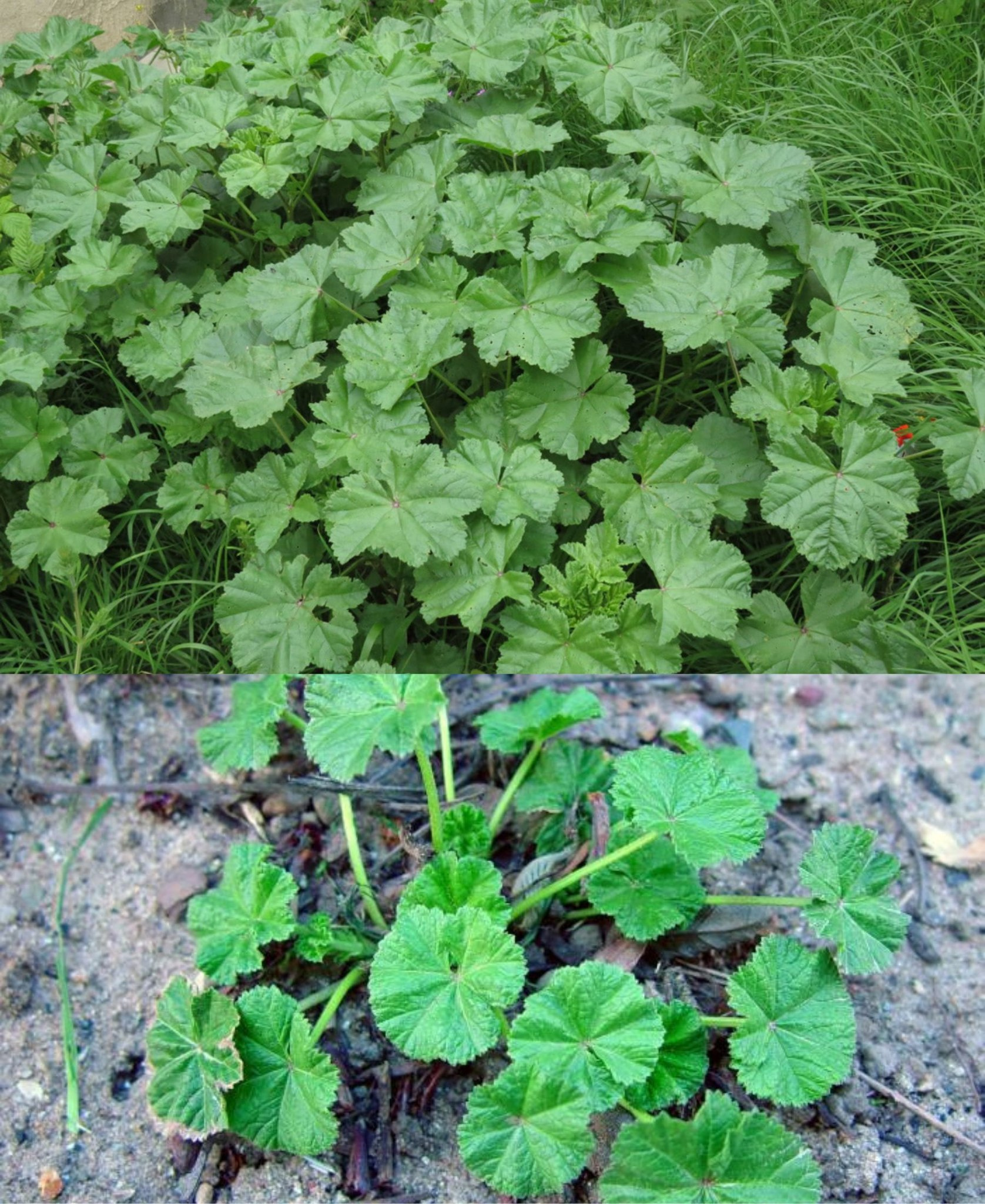
Many plants commonly considered weeds have remarkable benefits, whether for their nutritional value, medicinal properties, or uses in gardening and permaculture. One such plant is dandelion (Taraxacum officinale). Often dismissed as a pesky weed, dandelion is actually a treasure trove of benefits. Here’s why dandelions are so valuable:
Nutritional Benefits
- Rich in Nutrients: Dandelion greens are packed with vitamins A, C, and K, as well as calcium, iron, magnesium, and potassium. They are highly nutritious and can be added to salads, soups, and smoothies.
- Edible Flowers: Dandelion flowers can be used to make tea, wine, and even dandelion honey. They have a slightly sweet flavor and are rich in antioxidants.
- Roots for Detox: Dandelion roots can be dried and used to make a caffeine-free coffee substitute. They are known for their detoxifying properties and can support liver health.
Medicinal Properties
- Digestive Aid: Dandelion is known to stimulate appetite and aid digestion. The bitters in dandelion help stimulate digestive juices, improving nutrient absorption and gut health.
- Anti-inflammatory: Dandelion has anti-inflammatory properties that can help reduce inflammation in the body.
- Diuretic: It acts as a natural diuretic, helping to flush out excess fluids and toxins from the body. This can support kidney function and reduce water retention.
Gardening and Permaculture
- Soil Health: Dandelions have deep taproots that help break up compacted soil and bring nutrients from deep within the soil to the surface, benefiting other plants.
- Pollinator Support: Dandelion flowers are among the first to bloom in spring, providing an early source of nectar and pollen for bees and other pollinators.
- Natural Fertilizer: The leaves and flowers can be used in compost to add valuable nutrients back into the soil. Dandelions accumulate minerals like calcium and potassium, which can enrich the compost.
Other Uses
- Crafts and Dye: Dandelion flowers can be used to create natural dyes for fabrics. The flowers yield a yellow dye, while the roots can produce a magenta dye.
- Skin Care: Dandelion sap can be applied topically to treat skin conditions like warts, age spots, and eczema. It has antibacterial and antifungal properties.
How to Utilize Dandelions
- For Eating: Harvest young dandelion greens in the spring before they flower for the least bitter taste. Add them to salads, sautés, or green smoothies.
- For Tea: Dry the roots and roast them to make a detoxifying tea. Dandelion flower tea can also be made by steeping the petals in hot water.
- In the Garden: Allow dandelions to grow in moderation to improve soil health and support pollinators. Use the leaves and flowers as mulch or compost material.
Conclusion
Dandelions are much more than just weeds; they are a valuable resource for nutrition, medicine, and gardening. By embracing the benefits of dandelions, you can make use of this versatile plant in various aspects of your life, turning what many see as a nuisance into a beneficial ally.
